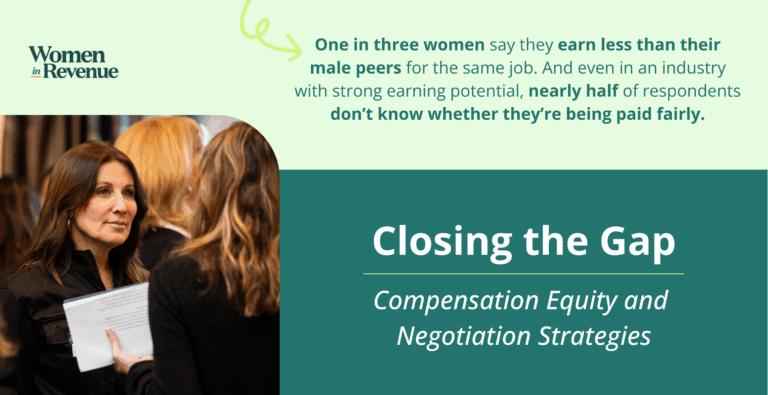Advancing diversity, equity, and inclusion are ongoing efforts, but June offers an opportunity to celebrate and recognize the progress that the Black and LGBTQIA+ [1] communities have made to transform our country into a more just and equitable place for all Americans.
While Pride Month will be celebrated throughout the entire month, Juneteenth will be commemorated on June 19th. The two holidays present an opportunity for us to reflect on how far we’ve come — but also on how far we still must go to end inequality based on race, sexual orientation, and gender identity.
Why We Celebrate Juneteenth and Pride Month
Pride Month commemorates the 1968 Stonewall Rebellion in New York City, which many historians mark as the beginning of the modern lesbian, gay, bisexual, and transgender (LGBT) movement. Throughout the month of June, Pride events take place across the country — from festive parades to film festivals and advocacy events — which allow the public to learn more about the community’s unique societal contributions and the challenges it still faces in achieving equal rights.
Like Pride Month, Juneteenth commemorates both the hardships and the triumphs of another marginalized community. The first federal holiday established since Martin Luther King Jr. Day in 1983, Juneteenth marks the day — June 19, 1865 — that Union Troops arrived in Galveston Bay, Texas, and announced that the more than 250,000 enslaved African-Americans living in Texas, the last state of the Confederacy with institutional slavery, were officially free.
In the United States, both Black and LGBTQIA+ communities have battled for and won hard-earned freedoms. Black men and women have survived amid slavery, Reconstruction, a “separate, but equal” education system, Jim Crow laws, redlining, and workplace discrimination to ascend to the highest levels of executive and national leadership.
But they’ve done more than just survive. Black women are the fastest-growing group of entrepreneurs in the country and account for the largest share of minority female business owners. The Black middle-class continues to grow. The number of Black college graduates also is on the rise, with nearly 28% of Black Americans age 25 and older earning at least a bachelor’s degree today compared to just 1% in 1940.
The LGBTQIA+ community also has made strides, from the official end of the military’s “Don’t Ask, Don’t Tell” policy in 2011 and the passage of marriage equality in 2015. Today, more members of the community have been elected to public office than ever before, including Dr. Rachel Levine and Transportation Secretary Pete Buttigieg who are both openly serving at the highest levels of government. LGBTQIA+ men and women lead Fortune 500 companies, including Beth Ford of Land O’Lakes, the first openly gay female CEO of an American Fortune 500 company. We also see more LGBTQIA+ representation in the media, bringing the stories of the community front and center and into the homes of millions of people, which hopefully is fostering more understanding and compassion.
But even with these gains, there’s still much more work to do, especially when it comes to achieving workplace equality for Black and LGBTQIA+ members of our community.
Workplace Challenges for Black & LGBTQIA People
We know that women in the workplace face an array of challenges when it comes to parity, pay equity, and harassment.
However, our recent study, “The Great Renegotiation,” found that women of color are often more impacted by harassment. A quarter of Black women listed workplace sexual harassment as a top challenge, compared to 21% of respondents overall. Not surprisingly, the same women whom harassment affects most also face the biggest pay gaps: Black women make just 64 cents of every dollar a white man makes, despite having some of the highest labor force participation rates. Separate research has found that the unemployment gap between white and Black workers has remained steady even as the pandemic wanes, with Black unemployment remaining higher even as both figures hit historic lows.
The LGBTQIA+ community faces its own challenges with workplace discrimination and harassment. Recent research indicates that discrimination against LGBTQIA+ workers continues to be pervasive. Just over 45% of LGBT workers in one survey said they’d experienced unfair treatment at work, including being fired, turned down for a job, or harassed because of their sexual orientation or gender identity. LGBT workers experienced this treatment whether or not they were out, but they were five times as likely to experience discrimination if they were open about their sexual orientation or gender identity.
The facts are even more illuminating when we look at discrimination from an intersectional lens. The same study noted above found that LGBT workers of color were more likely to report they’d experienced workplace discrimination in the previous year compared to the entire LGBT community overall. They also were more likely to say they’d been verbally harassed at work because of their sexual orientation and gender identity. Additionally, LGBT workers of color were more likely than their white counterparts to say they’d changed their behaviors, voice, or mannerisms at work to avoid harassment and discrimination.
It’s clear our country must make significant progress to change the hearts, minds, and actions of people everywhere but particularly in the workplace. Everyone should have the chance to excel personally and professionally regardless of race, sexual orientation, or gender identity. Every person should be able to live out their full identity and have a safe space to express themselves.
At WIR, our goal is to create an inclusive space and address opportunity equity issues for women across all identities and backgrounds. We know tackling these challenges will take a collective effort, but if we all do our part in our corner of the world, one day, we’ll be able to commemorate both Juneteenth and Pride Month with only triumphs to celebrate.




